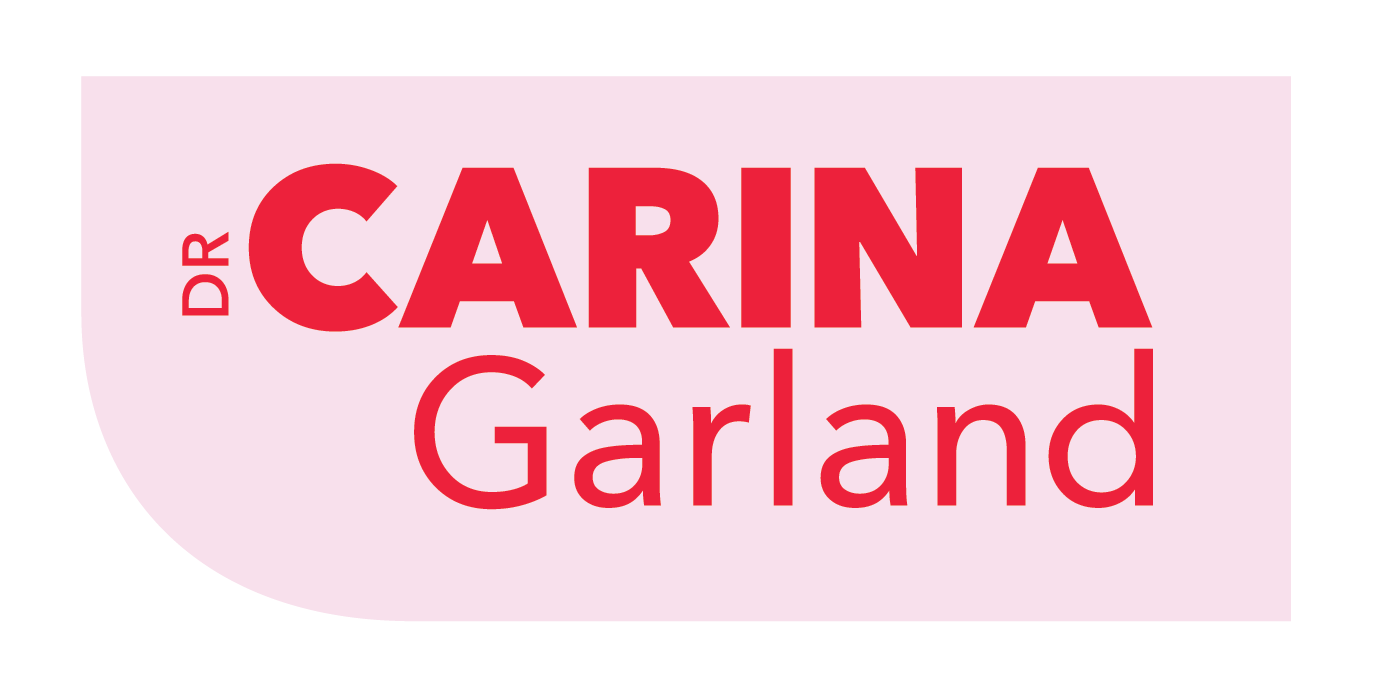I really welcome the opportunity to discuss the very important issue of women's health and I thank the member for Mayo for bringing this to the House's attention today. I know how important this issue is to my local community in Chisholm. I have had multiple roundtables, a survey and consultation with experts in the field of women's health in my electorate, including with the fabulous Assistant Minister Ged Kearney. I am really grateful for the feedback that has been provided to me from my constituents.
Unfortunately, there were many heartbreaking stories of women not getting the help that they needed, of not being listened to, and of years of going to doctor appointments without establishing a diagnosis. I have had experiences like that too. It is really hard, so I am so proud to be part of a government that is working to improve women's health outcomes by listening to women and by addressing systemic bias is in the health system. We know right across the country from hearing from so many women that there are too many experiences of delayed diagnoses for conditions from endometriosis to heart disease. Women have their pain dismissed and struggle to get support for issues like menopause and miscarriage. A very common issue, polycystic ovarian syndrome, does not even involve cysts on ovaries, yet the poor understanding in the health system has meant that women have not been diagnosed properly and that their health systems and their endocrinology has been poorly understood.
In the recent budget, the Albanese government has made a historic announcement, committing $49.1 million in investment to provide approximately 430,000 more services to help women across the country with complex gynaecological conditions, such as endometriosis, receive consultations of 45 minutes or longer. This is to have proper time with a medical professional, to have a proper conversation and to be really listened to. Medicare will now pay the same fee to a gynaecologist to see a woman for a long, complex consultation as other specialties, such as cardiology, gastroenterology and a range of others. This has been a structural inequality in our health system that's gone on for far too long. I'm so pleased that we are rectifying this.
We are sequentially working through the health system to dismantle longstanding biases. Our overall investment in women's health in the 2024-25 budget was $160 million to tailor services, tackle bias and improve access. This included a review of NBS items, including long-acting reversible contraception and diagnostic imaging, to identify bias and better balance the health system to the needs of women; more access to the care of choice during pregnancy for women, with $56.5 million to support longer antenatal and postnatal consultations delivered through participating midwives; funding to continue strategies to prevent pre-term and early-term birth in participating maternity services and First Nations communities to reduce the number of babies born too early; and scholarships that will allow health professionals to undertake training on delivering long-acting reversible contraception services. This is in addition to support for education and awareness about miscarriage for women, their families and health professionals; our $6 million to support a trial of outreach health care in women's crisis accommodation and services; and so much more.
Our commitment here—yes—is economic, but it's also about highlighting the importance of women's health and the empowerment that women have in making choices about their health. Everyone deserves access to safe, affordable health care, no matter where they are living, whatever their background is and no matter their gender. We've made significant investments in women's health, and I know that there's more to be done. I'm looking forward to working with our wonderful team in the health portfolio in order to deliver more for women's health, which is something that has been sadly neglected for far too long.


